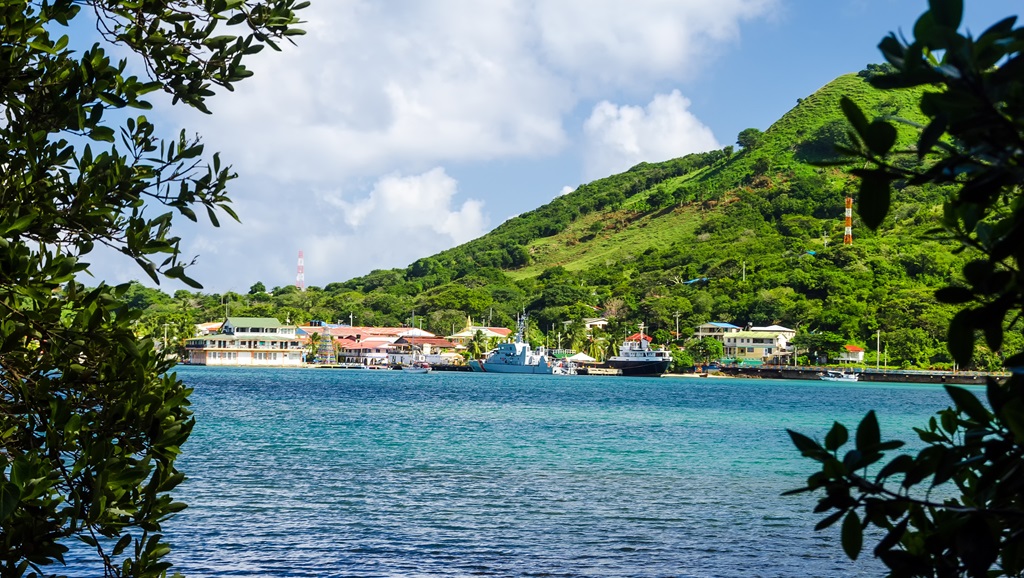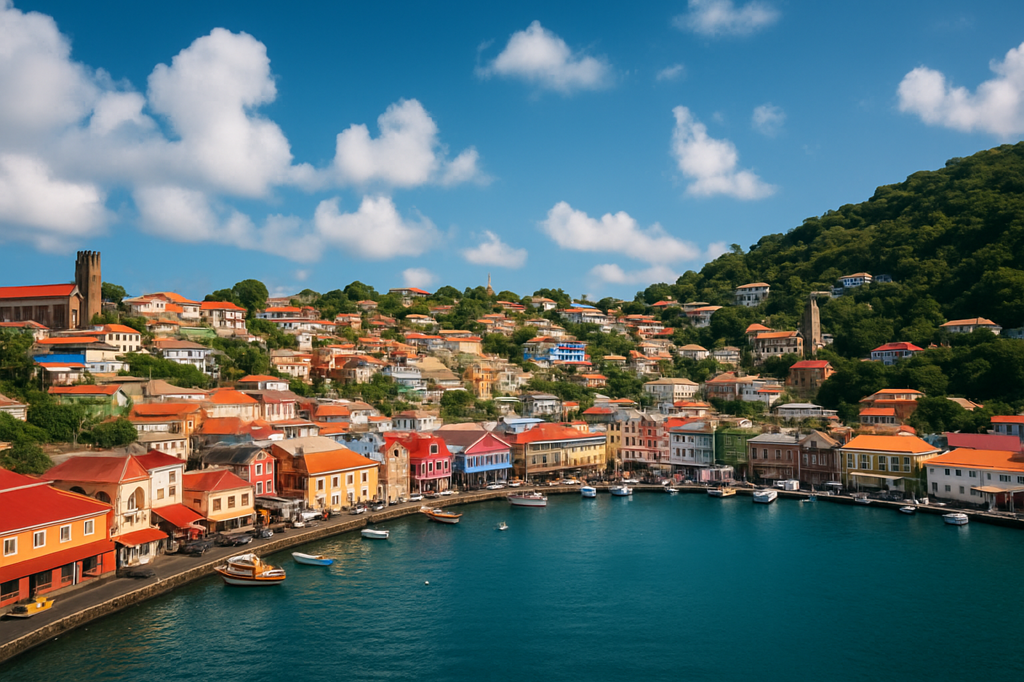Portugal's Golden Visa: Continuing with New Investment Avenues
Portugal's job creation and cultural donations. These changes align with Portugal's efforts to address housing affordability and enhance economic impacts.
Investment Requirements under the New Guidelines
The current qualifying investments include several pathways:
These options continue to provide valid routes for obtaining the Golden Visa, maintaining Portugal's appeal to foreign investors seeking European residency.
Residency and Citizenship: Proposed Legislative Changes
While the Golden Visa grants residency rights, allowing holders to live, work, and travel freely in the Schengen Area, recent legislative proposals might extend the timeline to citizenship. Draft legislation in June 2025 suggests increasing the minimum residency requirement for citizenship from 5 to 10 years, or 7 years for nationals from Portuguese-speaking countries. Additionally, new naturalization requirements are set to include A2-level Portuguese language proficiency, a civic knowledge test, and a clean criminal record for serious offenses. These changes affect the path to citizenship but do not alter residency rights under the Golden Visa itself.
Processing Delays and Improvements
The Golden Visa program has experienced processing delays and backlogs, particularly between 2023 and 2024. However, approvals are ongoing, and improvements in processing times are anticipated in the latter half of 2025. As the program adapts to these new reforms, applicants can expect more streamlined procedures in the near future.
Indonesia's Investment Attraction and Chinese Influence
Although the article mentions Indonesia's "Golden Visa" attracting Chinese investors, there is no official Indonesian Golden Visa program comparable to that of Portugal. Instead, Indonesia has implemented policies to attract foreign investment through visa facilitation for investors and skilled workers. In the first half of 2025, Chinese investors contributed $3.6 billion in direct investment, ranking third among Indonesia's sources of foreign capital. This trend highlights China's strategic investments in Indonesia's resource sectors, focusing on downstream industries like nickel smelting. Chinese companies have turned to Indonesia to avoid U.S. tariffs by relocating production, a strategy consistent with broader economic practices.
Conclusion
In summary, Portugal's Golden Visa program remains robust in 2025, adapting to new economic and social priorities by refocusing on diverse investment avenues. Meanwhile, Indonesia's strategic positioning continues to attract significant Chinese investment, underscoring evolving global economic dynamics. As these programs and policies evolve, they continue to shape the migration and investment landscape across the globe.










.svg)






